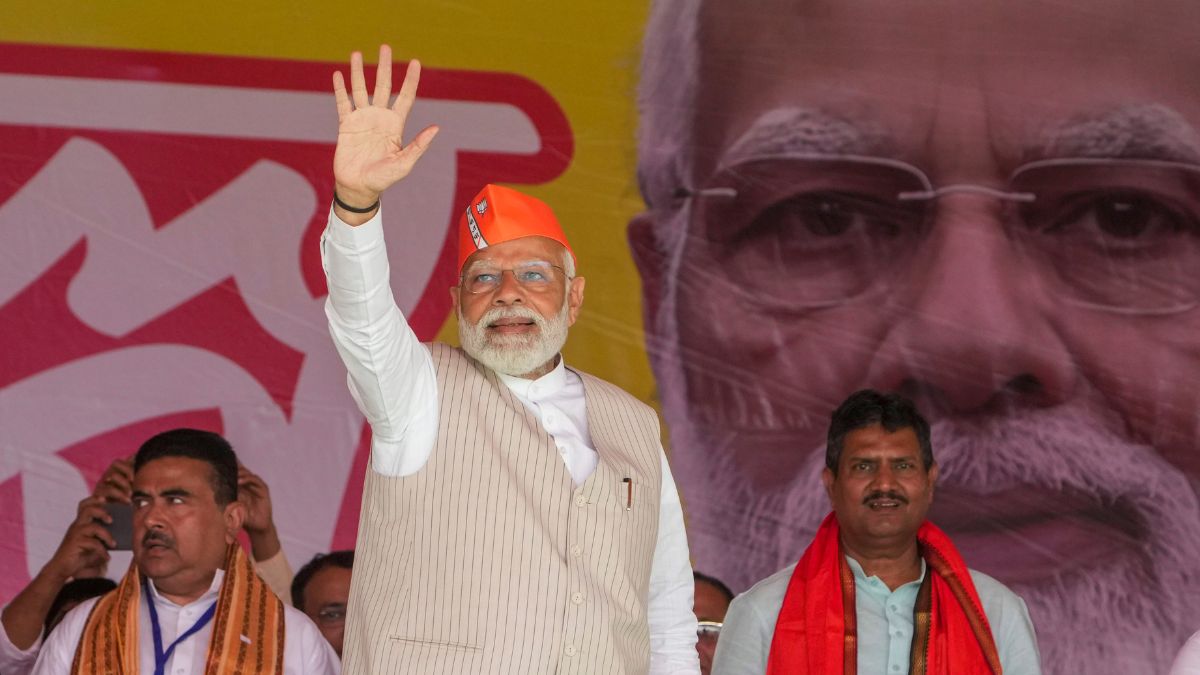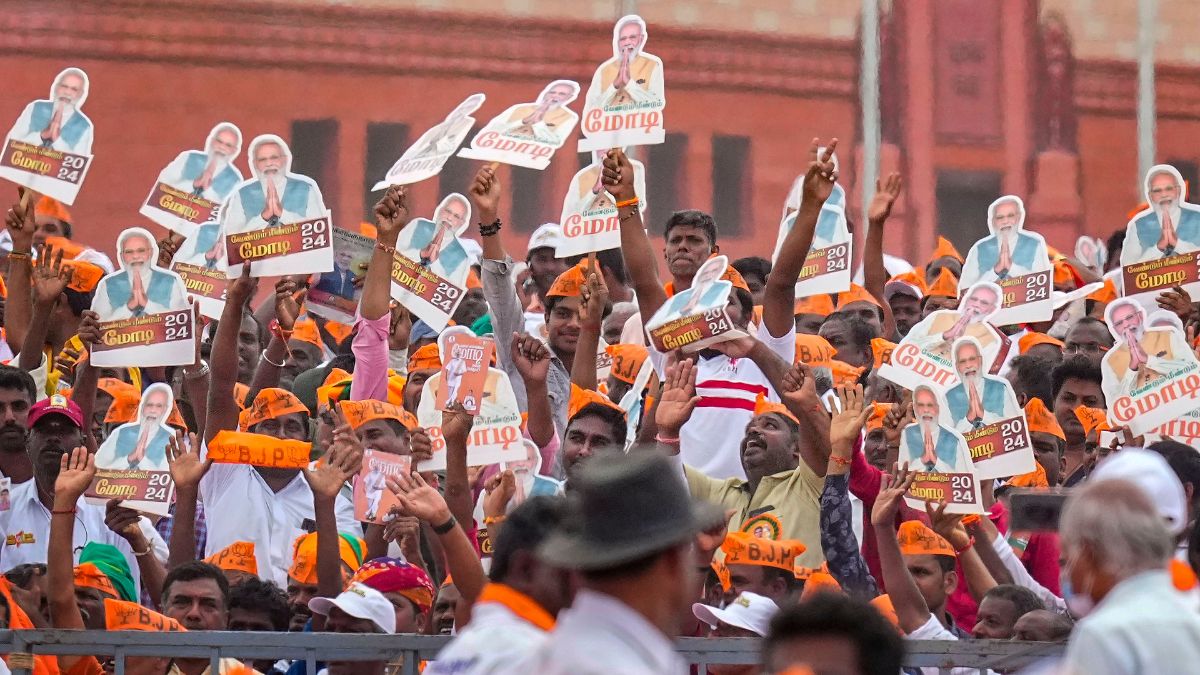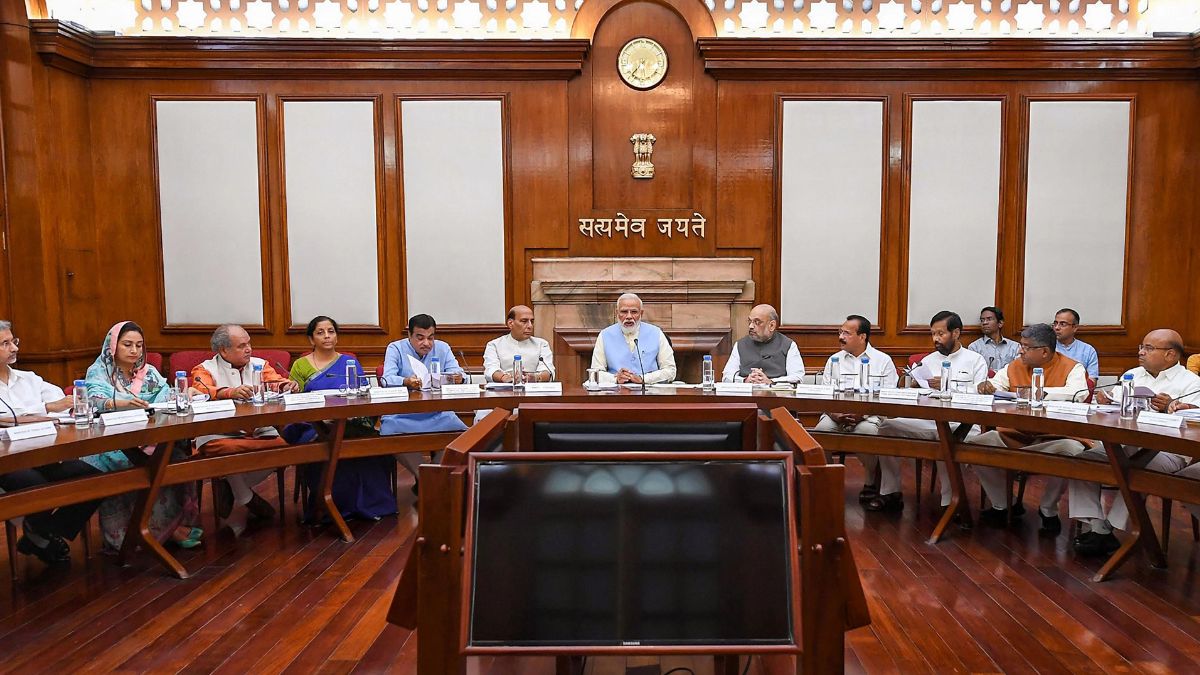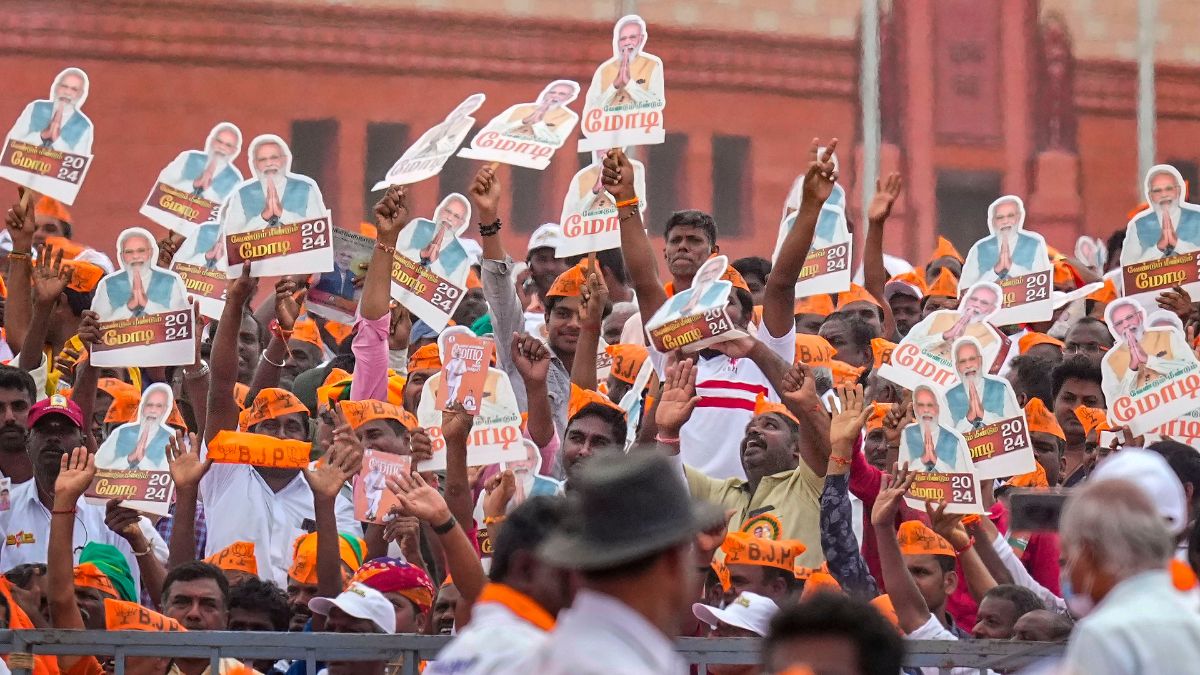The union cabinet on Tuesday cleared a bill to operationalise the land boundary agreement with Bangladesh which entails exchange of enclaves by both countries.
The decision to approve the Constitution (119th Amendment Bill), 2013, on the land boundary agreement was taken at a cabinet meeting chaired by Prime Minister Narendra Modi, Press Information Bureau director general Frank Norhona said.
The bill includes exchange of territories in Assam, West Bengal, Tripura and Meghalaya.
The constitutional amendment bill for ratification of the agreement is expected to be taken up in the Rajya Sabha on Wednesday.
The move to include Assam in the land swap deal was taken after Assam CM Tarun Gogoi on Monday had charged Prime Minister Narendra Modi of practising “double standards for narrow political gain” by proposing to exclude the state from the deal.
“The Prime Minister had last year said here that the agreement is good for Assam. Now why are you excluding it? You have one stand before poll and another after. It is double standard for narrow political gains,” Gogoi had said.
Arun Jaitley and the BJP may have firmly stood against the Land Border Agreement in the Rajya Sabha in 2013, but Prime Minister Narendra Modi, after coming to power, had decided to finally operationalise the contentious Land Boundary Agreement with Bangladesh, which may just bring to close a land deal that has been over 40 years in the offing.
After Modi’s announcement, a Parliamentary Standing Committee on External Affairs had tabled its report in which it recommended that the constitution amendment bill be moved to end the boundary issue between the two nations. Chairman of the panel, Shashi Tharoor, had said that the report had been unanimously passed by the committee, including by members from the Trinamool Congress.
How long has this deal been in the offing?
The current Land Boundary Agreement was signed between the then Prime Minister Manmohan Singh and Bangladesh’s Sheikh Hasina in Dhaka in September 2011.
However, the original deal between the two nations was originally signed as far back as 1974. The Indira Gandhi - Sheikh Mujib Land Boundary agreement in 1974 had seen both countries agree to exchange the enclaves of land that both countries had within each other’s territory. India even agreed to forgo compensation for land that would be transferred to Bangladesh.
The enclaves of land lie in the states of Assam, West Bengal, Meghalaya and Tripura and in some cases there are even Indian sub-enclaves within Bangladesh enclaves and vice-versa.
So what happens under the deal?
As this explainer by the Indian Express points out, there are 111 Indian enclaves in Bangladesh spread over 17,000 acres and 51 Bangladesh enclaves in India spread over 7,110 acres.
The land swap is largely seen as a procedural matter presently since most of the people within the enclaves would prefer to stay where they are located and the movement of people across borders as a result of the agreement is expected to be minimal.
The population in all the enclaves is estimated to be around 51,549 people in total of which 37,334 are reportedly Indians in Bangladesh.
So what happened after the 1974 agreement?
Bangladesh’s Parliament ratified the agreement but India did not. When the UPA-II attempted to move the constitutional amendment bill in Parliament, it was strongly opposed by regional parties like the Trinamool Congress and Asom Gana Parishad.
The BJP strongly opposed the bill in Parliament with the then leader of Opposition Arun Jaitley declaring in a letter that the territory of India is a part of the Constitution. “It cannot be reduced or altered by an amendment to the Constitution,” he had written at the time.
The BJP had said there was no question of transferring land to Bangladesh under the agreement but later gave enough leeway for the bill to be tabled in the Upper House of Parliament before it was adjourned sine die. It was referred to a standing committee.
How does it benefit the people living there?
For people living in these enclaves, being surrounded by the territory of another country means that they have no access to any of the government services they are entitled to.
India is expected to lose 40 square kilometres under the agreement but the move is expected to finally resolves a procedural complication.
How is Modi changing the party’s stance on the issue?
Modi, during the rally in Assam where he promised to enforce the agreement, said that it will end illegal migration from Bangladesh into India.
“Believe in my word that land swapping deal will be done for a permanent solution to this problem of Assam,” Modi said.
Modi said handing over of land (to Bangladesh) will be done only to ensure security of people of Assam and the border and not for “any harm” to the state.
On the land swapping agreement, the Prime Minister said he is aware of sentiments of the people of the state and there will be no compromise to Assam’s security.
While the regional parties like Asom Gana Parishad and Trinamool Congress are expected to rake up the matter as a loss of territory to Bangladesh, the Prime Minister has attempted to placate his own party activists by saying that it would ensure better security and end illegal migration, which itself has been a contentious issue in the states.
The move, this DNA piece points out , could also help co-operation between the Modi government and the Awami League government in Bangladesh that could also help battle cross border terorrism.
The Prime Minister has shown that despite the acrimony created by his party over various legislation moved by the previous UPA government, he isn’t averse to implementing them. From the Aadhaar scheme to the Land Boundary Agreement, Modi has cherry picked legislation from the previous government to be implemented, despite the Congress crying foul about it.
The Prime Minister may have to sweet-talk his party by making it all about security, but the Land Boundary agreement between the two countries could achieve a lot more for the residents of the enclaves in the two countries.
(With agency inputs)


)




)
)
)
)
)
)
)
)